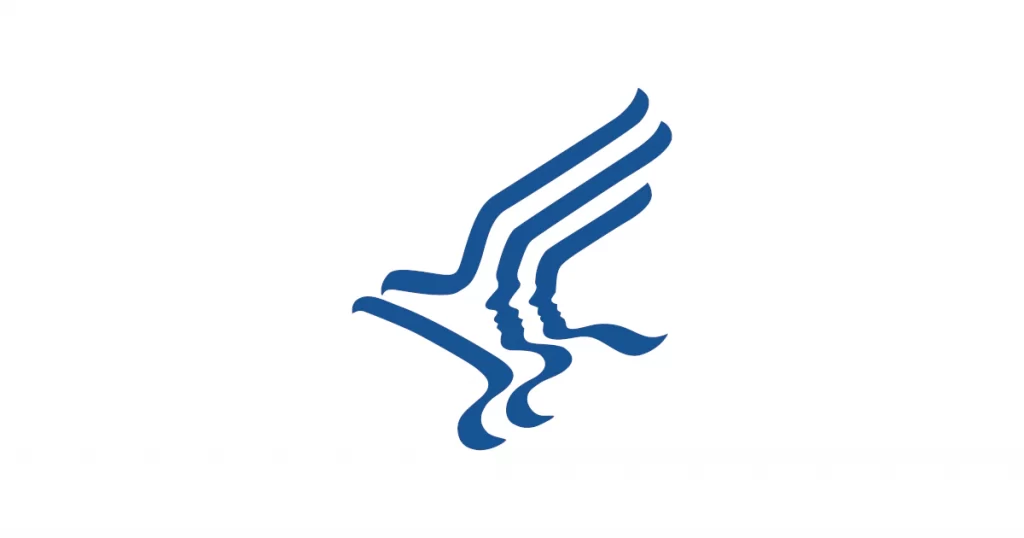
OCR Celebrates National Recovery Month
Every September, our country celebrates National Recovery Month to highlight that behavioral health is an essential part of health care. Supporting our loved ones and communities in recovery is a critical effort and one that the Office for Civil Rights (OCR) is proud to work on to ensure that all people have equal access to health care, no matter where they live or who they are. These efforts are part of the Biden-Harris Administration’s commitment to advancing health equity and civil rights, as laid out in President Biden’s executive orders on Advancing Racial Equity and Support for Underserved Communities and Preventing and Combatting Discrimination on the Basis of Gender Identity or Sexual Orientation.
The Biden-Harris Administration has prioritized behavioral health care, and OCR is committed to doing all we can do help advance this mission. To that end, below are some resources to help ensure care.
HHS Video Series on Federal Disability Rights Protections That Apply to Some Individuals in Recovery from an Opioid Use Disorder
As part of a shared commitment to ensuring protections from discrimination apply to all people, including those in treatment for or recovery from substance use disorders, OCR has collaborated with the Substance Abuse and Mental Health Services Administration (SAMHSA), and the Administration for Children and Families (ACF) at the U.S. Department of Health and Human Services (HHS), and the National Center on Substance Abuse and Child Welfare (NCSACW) to produce a video series, “Civil Rights Protections for Individuals in Recovery from an Opioid Use Disorder.” The five-part series informs audiences about the application of federal disability rights laws to child welfare programs and activities, discusses protections that apply to some individuals in recovery from an opioid use disorder, provides an overview of medication-assisted treatment (MAT), and addresses common misconceptions about MAT as a treatment approach.
The video series includes:
These resources provide needed training for personnel in the child welfare system on federal disability rights laws, and are intended for all audiences but in particular, child welfare caseworkers, social workers, service providers, parent’s attorneys, agency attorneys, children’s attorneys, advocates, Court Appointed Special Advocates (CASA), judges and judicial officers, Court Improvement Program personnel, Family Treatment Court personnel, substance use disorder treatment providers, and other child welfare stakeholders. The videos also inform individuals in recovery about protections they may have under federal disability rights laws. View the complete video series.
Civil Rights Enforcement
OCR is dedicated to addressing issues of discrimination in behavioral health, including discrimination experienced by historically marginalized populations. OCR is responsive to complaints from individuals in recovery who have experienced discrimination in accessing health and human services based solely on their participation in active treatment such as MAT. Over the past year, OCR has produced the following results through enforcement of federal civil rights laws, sending a strong message to the health care industry about the importance of ensuring nondiscrimination for people in recovery:
- OCR and the U.S. Attorney’s Offices for the District of Rhode Island and Massachusetts reached an agreement with 12 skilled nursing facilities in Rhode Island and Massachusetts operated by Genesis HealthCare, Inc., to resolve allegations that the facilities denied admission to prospective residents because they were taking an FDA-approved medical treatment to treat Opioid Use Disorder, in violation of the ADA, the Section 1557, and Section 504.
- OCR and U.S. Attorney’s Office for the District of Massachusetts reached agreement with The Oaks, a skilled nursing facility in Massachusetts operated by Life Care Centers of America, Inc., to resolve allegations that the facility denied admission to a prospective resident because he was taking a Food and Drug Administration-approved medication to treat Opioid Use Disorder, in violation of Section 1557, Section 504, and the Americans with Disabilities Act.
HIPAA and Mental Health and Substance Use Disorder Treatment
Support from family members and friends is key to helping people struggling with behavioral health, but their loved ones can’t help if they aren’t informed of the problem. OCR has released guidance explaining when HIPAA permits health care providers and other covered entities to share a patient’s health information with loved ones and others involved in a patient’s care in these situations.
The guidance explains:
- Providers can share information with an individual patient’s loved ones in certain emergency or dangerous situations, such as when the patient is in a crisis and incapacitated or is facing a serious and imminent threat of harm.
- Patients with decision-making capacity retain their right to decide when and whether their information will be shared unless there is a serious and imminent threat of harm.
- Patients’ personal representatives, who have authority under state law to make health care decisions for patients, may request and obtain information on behalf of patients.
Read the guidance here: Guidance on Responding to an Opioid Overdose.
OCR is working on a rulemaking, in coordination with the SAMHSA, to better harmonize the confidentiality requirements found at 42 CFR Part 2 with certain permissions and requirements of the HIPAA Rules.
OCR is proud to support National Recovery Month, as we continue our work guarantees that those in treatment and recovery can receive the care and supports they need, free of discrimination and bias.
If you or someone you know is struggling or in crisis, help is available. Call or text 988 or chat at 988lifeline.org. Both services are free and available 24 hours a day, seven days a week. All calls are confidential. Contact social media outlets directly if you are concerned about a friend’s social media updates. Dial 911 in an emergency.
If you believe that your or another person’s civil rights or health information privacy has been violated, you can file a complaint at https://www.hhs.gov/ocr/complaints/index.html.